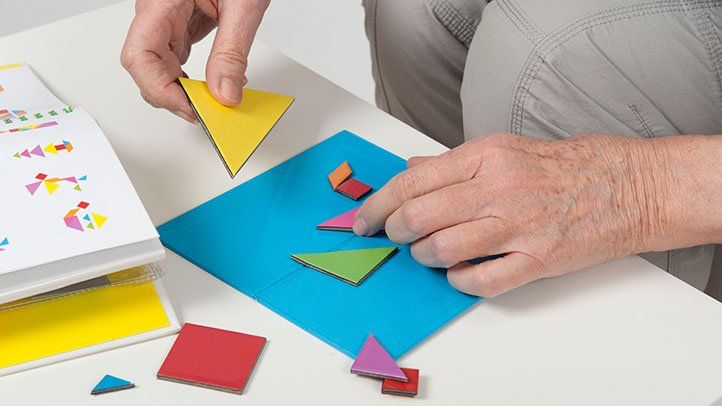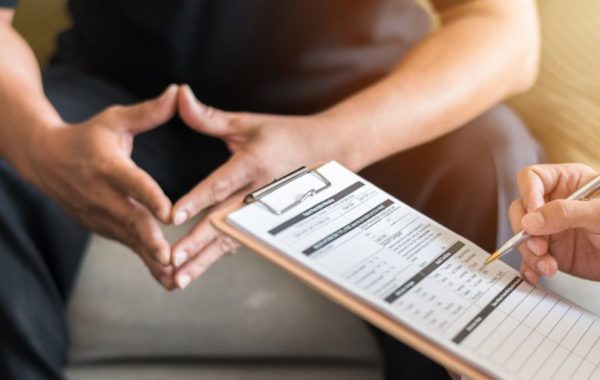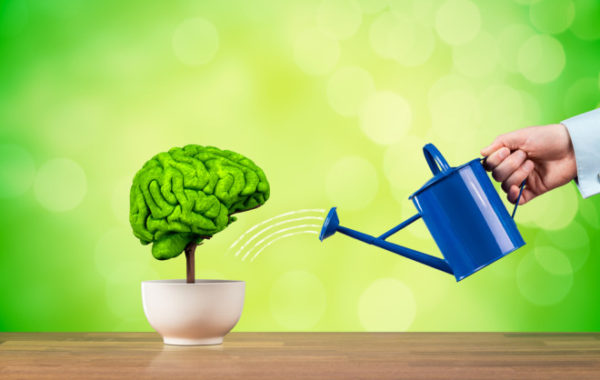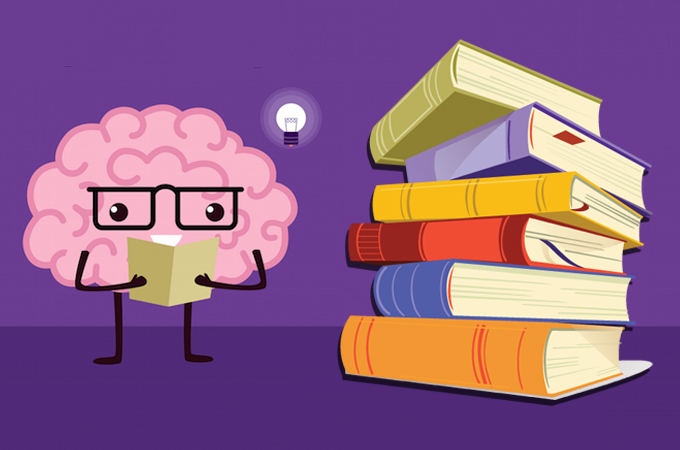The Ultimate Guide to Memory Tests: Everything You Need to Know

Introduction
Are you thinking about memory tests? Have you ever struggled to remember a name or a phone number, even though you just heard it a few minutes ago? Or maybe you forget where you left your keys, or why you went into a certain room? These are common memory lapses that happen to everyone, but how do you know if your memory is failing you? That’s where memory tests come in.
Memory tests are a series of exercises and assessments designed to measure different aspects of memory and cognitive function. In this article, we’ll go over everything you need to know about these tests, including what they are, why they’re important, different types of tests, and tips for improving your memory.
What is a Memory Test?
A memory test is a standardized procedure used to assess and evaluate a person’s memory function. It typically involves a series of tasks or exercises that measure different aspects of memory, such as short-term memory, long-term memory, working memory, and spatial memory.
These tests can be used to diagnose memory-related conditions, such as dementia or Alzheimer’s disease, and to monitor the progress of these conditions. They can also be used to track changes in memory function over time, or to provide strategies for enhancing memory skills. Tests are often administered by a healthcare provider, memory specialist, or psychologist.
Why are Memory Tests Important?

Memory tests are important because they provide valuable information about a person’s memory function. They can help diagnose memory-related conditions, such as dementia or Alzheimer’s disease, and monitor the progression of these conditions. These tests can also help identify the specific type of memory that may be affected, such as short-term memory, long-term memory, or working memory.
This information can be used to tailor treatment plans and make more informed decisions about care. In addition, tests can help individuals track changes in their memory function over time and provide strategies for enhancing memory skills. They can also be a useful tool for monitoring the effectiveness of treatment and making any necessary adjustments. Memory tests are therefore an important tool for promoting healthy brain function and improving overall quality of life.
Types of Memory Tests
There are several types of tests, each of which evaluates different aspects of memory. Some of the most common tests include:
- Short-term memory tests: These tests evaluate a person’s ability to hold onto information for a short period of time, typically a few seconds to a minute. Examples of short-term memory tests include the digit span test and the word recall test.
- Long-term memory tests: These tests evaluate a person’s ability to store information in their memory for an extended period of time, usually years or decades. Examples of long-term memory tests include autobiographical memory tests and word-list recall tests.
- Working tests: These tests evaluate a person’s ability to manipulate information in their memory while they are performing other cognitive tasks. Examples of working memory tests include the n-back test and the forward-backward test.
- Episodic tests: These tests evaluate a person’s ability to recall specific events or experiences from their past. Examples of episodic memory tests include the autobiographical memory test and the event-specific memory test.
Tips for Improving Memory

Improving memory is a goal for many people, and there are several strategies that can be effective. Here are some tips to help improve memory:
- Exercise regularly: Regular physical activity has been shown to improve memory and cognitive function.
- Get enough sleep: Sleep is essential for memory consolidation, so be sure to get at least 7-8 hours of quality sleep each night.
- Eat a healthy diet: A diet rich in fruits, vegetables, whole grains, and healthy fats is essential for maintaining good brain health.
- Stay mentally active: Engaging in activities that challenge your mind, such as reading, solving puzzles, or learning a new skill, can help improve memory.
- Reduce stress: Chronic stress can negatively impact memory, so it’s important to manage stress levels through techniques such as mindfulness, yoga, or exercise.
- Stay socially active: Maintaining strong social connections and engaging in social activities can help improve memory and cognitive function.
- Limit alcohol and caffeine intake: Excessive alcohol and caffeine intake can impair memory and cognitive function, so it’s best to limit these substances.
By incorporating these strategies into your daily routine, you can help improve your memory and overall brain health.
What Is The Best Test For Memory?
There is no single “best” test as different tests are designed to measure different aspects of memory function. The best test for you will depend on your individual needs and concerns. Some common types of memory tests include:
- Mini-Mental State Examination (MMSE): A brief test that assesses orientation, attention, language, and memory. Learn more here.
- The Wechsler Memory Scale (WMS): A comprehensive test that assesses various aspects of memory, including immediate recall, delayed recall, and recognition.
- The Rey Auditory Verbal Learning Test (RAVLT): A test that measures verbal memory by asking the person to learn and recall a list of words.
- The Wisconsin Card Sorting Test (WCST): A test that assesses working memory and executive function.
- The Paced Auditory Serial Addition Test (PASAT): A test that measures attention and working memory by asking the person to add numbers that are presented at a specific rate.
It’s important to work with a qualified healthcare provider or memory specialist to determine the best memory test for you. They can help interpret the results of your test and provide recommendations for managing any memory concerns.
How Can I Test Myself For Early Dementia?

Self-testing for early dementia is not recommended as it can be difficult to accurately diagnose the condition without a comprehensive evaluation by a healthcare professional. However, here are some common symptoms of early dementia to be aware of:
- Memory loss: Difficulty remembering recent events or conversations, forgetting appointments, or misplacing things.
- Language difficulties: Struggling to find the right words, trouble speaking or writing, or difficulty understanding conversation.
- Disorientation: Getting lost in familiar places, having trouble keeping track of time, or losing track of the date or season.
- Changes in mood or behavior: Becoming easily agitated, anxious, or moody, or exhibiting inappropriate behavior.
- Difficulties with problem-solving and decision-making: Struggling to complete familiar tasks, making bad decisions, or struggling to understand simple instructions.
If you are experiencing any of these symptoms, it is important to seek the advice of a healthcare provider. They can conduct a comprehensive evaluation, including memory testing, to determine the cause of your symptoms and provide an accurate diagnosis. Early diagnosis of dementia can lead to more effective treatment and management of the condition.
Frequently Asked Questions About Memory Tests
Q: How often should I take memory tests?
A: The frequency of taking memory tests depends on your individual needs and concerns. If you’re concerned about memory decline, you may want to take a memory test every year or so. If you’re simply looking to improve your memory skills, you can take memory tests as often as you like to track your progress.
Q: Are memory tests accurate?
A: The accuracy of memory tests can vary depending on the type of test and the person taking the test. It’s important to work with a qualified healthcare provider or memory specialist to ensure that the memory test you take is accurate and provides useful information.
Q: Can memory tests detect Alzheimer’s disease?
A: Memory tests can be used as part of the diagnostic process for Alzheimer’s disease, but they are not a definitive test for the condition. Other tests, such as imaging tests and neurological exams, are typically needed to diagnose Alzheimer’s disease.
Conclusion
In conclusion, memory tests are important tools for assessing and understanding memory function. Whether you are concerned about your own memory or that of a loved one, a memory test can provide valuable information about your cognitive abilities. It is important to work with a qualified healthcare provider or memory specialist to determine the best test for your needs and to interpret the results.
By staying mentally active, reducing stress, eating a healthy diet, and engaging in regular physical activity, you can help maintain good brain health and improve your memory over time. Whether you are looking to diagnose a memory condition or simply to understand your cognitive abilities better, a test can be a valuable tool for achieving your goals.
For more information on Cognitive Training check out this article on Memory Retention Tips.



